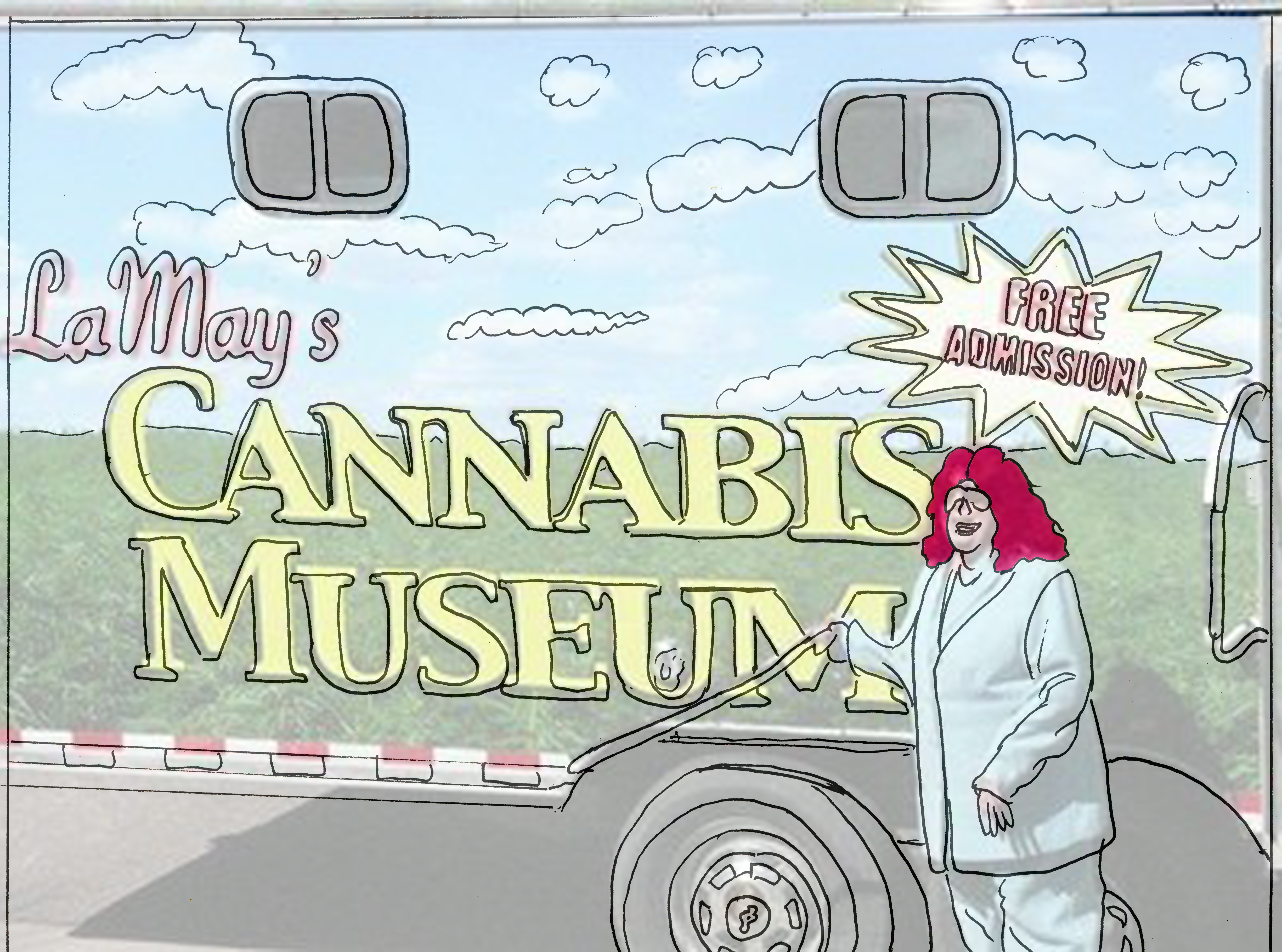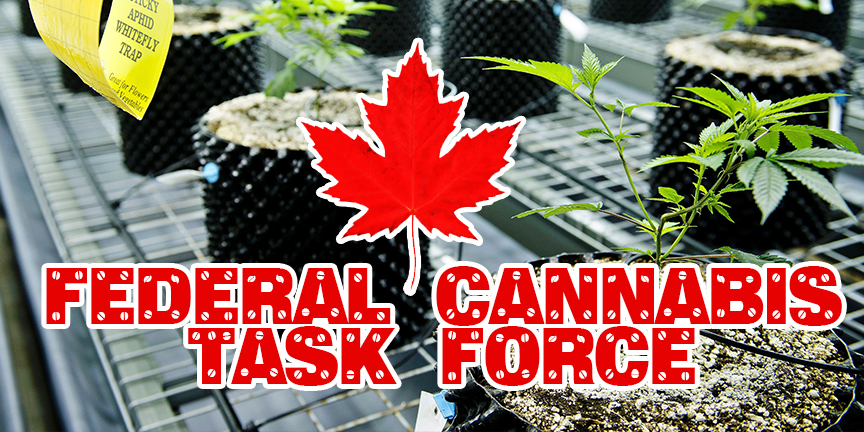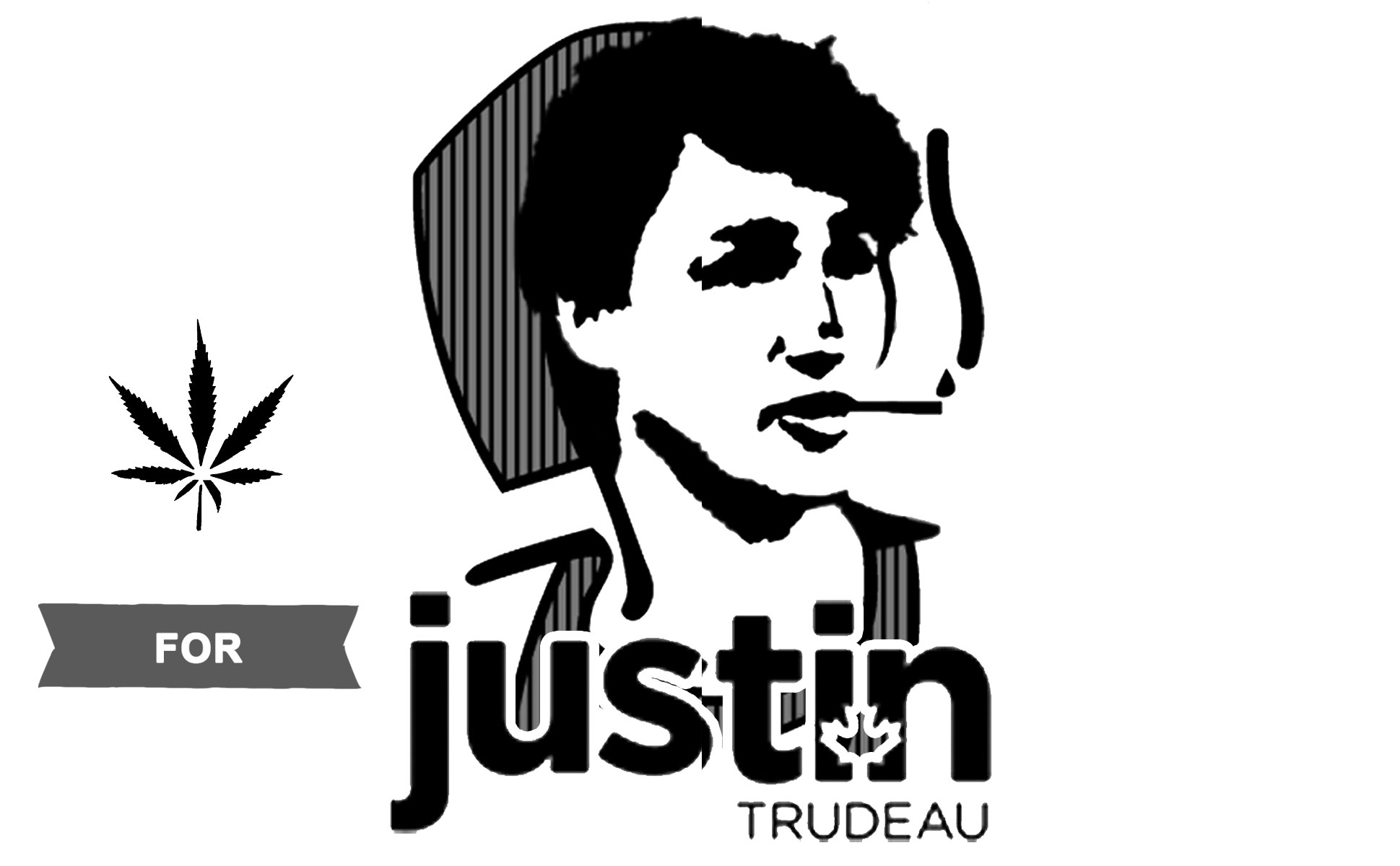Ted Smith
When Bill Blair announced who was on the task force making recommendations to the federal government regarding the legalization of cannabis on June 30, the cannabis community was clearly shut out of the process. Instead, lawyers, doctors and police officers will make up the panel that will write the general framework upon which the government will attempt to transfer the cannabis trade from an illegal network to a legal industry. While we can express our collective frustration at being left out of the process, there is little likelihood that the task force will change to accommodate for us so we may as well focus on who sits on it.
Everyone in politics knows the leader of the task force, for Anne McLellan held several key positions in the liberal government during her 4 terms in office, including Deputy Prime Minister of Canada and Minister of Public Safety and Emergency Preparedness, Minister of Health, Minister of Justice and Attorney General of Canada and Minister of Natural Resources. After leaving politics, Mrs. McLellan began working with Bennett Jones in 2006, a law firm which works with several Licensed Producers. Somehow this is not a conflict of interest. She might not have been the worst choice, as far as the cannabis community is concerned, but she is close.
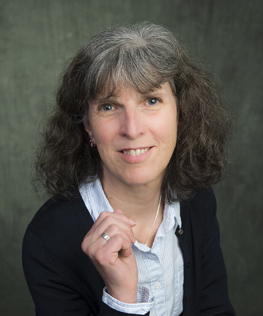
It seems the only bright spot on the panel is Dr Susan Boyd, who has written several books on various aspects of drug policy, including Killer Weed: Marijuana Grow Ops, Media, and Justice, which explains how the media generates fear to reinforce harsh laws. As quoted in this interview in the Globe and Mail in 2013, she appears to have an accurate picture of the cannabis industry for an academic. She cited a Justice Department study that was completed in 2011, obtained by a reporter through an access to information request, that examined a random sample of 500 marijuana grow operations. Of those, just five per cent had apparent links to gangs or organized crime. “This study wasn’t released by our federal government, and you could see why,” says Boyd. “It doesn’t fit with their Safe Streets and Communities Act, which frames marijuana grow-ops as always being associated with organized crime and gangs. I would say it’s probably the reverse.” (LINK)

The person with the most experience with cannabis on the task force is no doubt Dr Mark Ware, who has been doing research on cannabis for medical purposes as early as 1998 when working in Jamaica. Since 2007 he has been the executive director of the non-profit Canadian Consortium for the Investigation of Cannabinoids (CCIC), which provides educational material to health professionals so they can have informed discussions about possible medical use of cannabis with patients. Most of his studies have dealt with chronic pain and smoking cannabis, with positive results every time. Though his studies have concluded there are minimal harms associated with cannabis use, being a doctor he is prone to making conservative statements about the use of the plant. (LINK)
One of the most influential members of the task force is likely to be Dr Perry Kendall, who has been the Provincial Health Officer for B.C. since 1998. Dr. Kendall sits on a number of Provincial and National Committees including, but not limited to, the Pan-Canadian Public Health Network Council, Council of Chief Medical Officers of Health, BC Communicable Disease Policy Committee (Chair), BC’s Public Safety Issues Committee on Marijuana Legalization, Standing Committee on Health Services and Population Health, and is the Chair of the BC Overdose Order Working Group regarding Opioid Overdose deaths. Hopefully his years of experience dealing with deadly drugs will help him realize how relatively benign cannabis is compared to most other substances, be they illegal or legal.
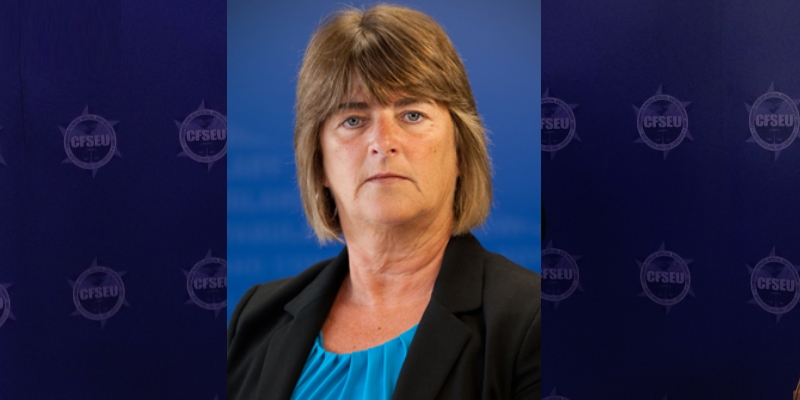
Of course the task force has a couple of police officers with experience in enforcing the drug laws. After all, it seems like the Liberals intends upon continuing to arrest people up until the last minute possible, and even then it is likely they will create a program so problematic that it will shut out the existing black market and force most people to continue breaking the law. Mr. Rafik Souccar, a 34 year veteran of the RCMP and Marlene Jesso, with an equally impressive 33 years in the force, have been called upon to represent law enforcement and ensure there are strict punishments for those still breaking the law. They are also tasked with the issue of driving while under the influence of cannabis.
Then there is Dr. Catherine Zahn, the head of the Center for Addiction and Mental Health, with seemingly little direct experience with cannabis-related issue. However, in 2014 the CAMH released a document called Cannabis Policy Framework, which contains several recommendations that the Liberal government seems keen to hear and promote, including:
1) Establish a government monopoly on sales. Control board entities with a social responsibility mandate provide an effective means of controlling consumption and reducing harm.
4) Curb demand through pricing. Pricing policy should curb demand for cannabis while minimizing the opportunity for continuation of lucrative black markets. It should also encourage use of lower‐harm products over higher‐harm products.
5) Curtail higher‐risk products and formulations. This would include higher‐potency formulations and products designed to appeal to youth. (LINK)
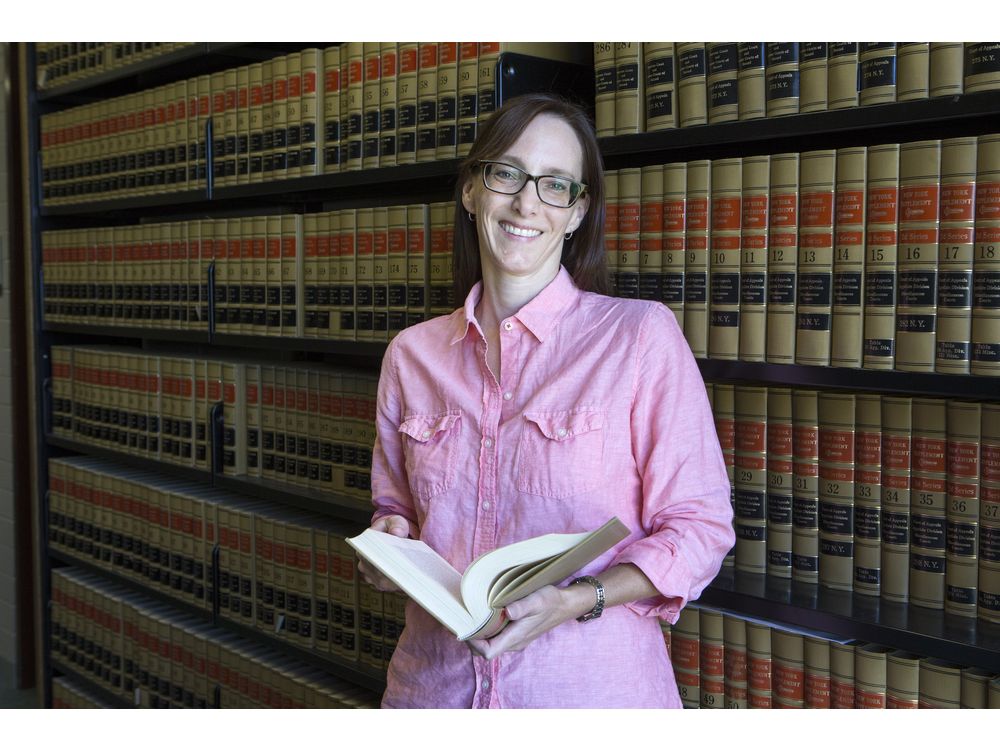
They have also brought in an expert in regulatory law with Professor Dr Barbara von Tigerstrom. Professor Dr Barbara von Tigerstrom’s areas of teaching and research at the University of Saskatchewan which she teaches law include medical law and ethics, public health law and policy, food and drug regulation, and tort law. With a wealth of experience in the regulation of pharmaceuticals and legal issues in chronic disease prevention, including policy measures relating to food, alcohol and tobacco, she will likely be a welcome addition for those looking for strict control.
Perhaps the most questionable member of the task force is George Chow. He was chosen to sit on this panel because he sits on the Vancouver board of variance, which is the body that dispensaries are fighting to get licenses, and he was involved in the safe injection drug facility, InSite, when he was a city councilor. He is an engineer and does not belong on this panel, in my opinion.
Over the next 5 weeks I will be sharing my answers to the 5 surveys the government has provided on-line. These surveys need to be completed by Aug 28 but there is no reason to wait until the last minute if you have time now. We need to take every available opportunity to inform this decision making process or regret forever allowing a dysfunctional system to take over without a fight.
Fill out the Surveys at the following Links:
Minimizing Harms of Use
Do you believe that these measures are appropriate to achieve the overarching objectives to minimize harms, and in particular to protect children and youth? Are there other actions which the Government should consider enacting alongside these measures? (Maximum 1,500 words – to safeguard privacy please do not provide details that would disclose your individual identity or the identity of others)
What are your views on the minimum age for purchasing and possessing marijuana? Should the minimum age be consistent across Canada, or is it acceptable that there be variation amongst provinces and territories? (Maximum 1,500 words – to safeguard privacy please do not provide details that would disclose your individual identity or the identity of others)


